The below is an excerpt from The Swamp (translated from the Japanese by Ryan Holmberg), the first in Drawn and Quarterly’s new series of books by the acclaimed comics artist Yoshiharu Tsuge. In keeping with the customs of manga, both the panels and the text are intended to be read from right to left.
Yoshiharu Tsuge was born in Tokyo in 1937. Influenced by the adventure comics of Osamu Tezuka and the gritty mystery manga of Yoshihiro Tatsumi and Masahiko Matsumoto, he began making his own comics in the midfifties. He was also briefly recruited to assist Shigeru Mizuki during his explosion of popularity in the sixties. In 1968, Tsuge published the groundbreaking, surrealistic story “Neji-shiki” in the legendary alternative manga magazine Garo. This story established Tsuge as not only an influential manga-ka but also a major figure within Japan’s counterculture and art world at large. He is considered the originator and greatest practitioner of the semiautobiographical I novel method of comics making. In 2005, Tsuge was nominated for the Best Album Award at Angoulême International, and in 2017, a survey catalogue of his work, The World of Dreams and Travel, won the Japan Cartoonists Association Grand Award.
Ryan Holmberg is an arts and comics historian. He has edited and translated books by Seiichi Hayashi, Osamu Tezuka, Sasaki Maki, Tadao Tsuge, and others.
The Swamp, by Yoshiharu Tsuge, translated by Ryan Holmberg, will be published April 28. Excerpt courtesy Drawn & Quarterly.
from The Paris Review https://ift.tt/2VvS2RS
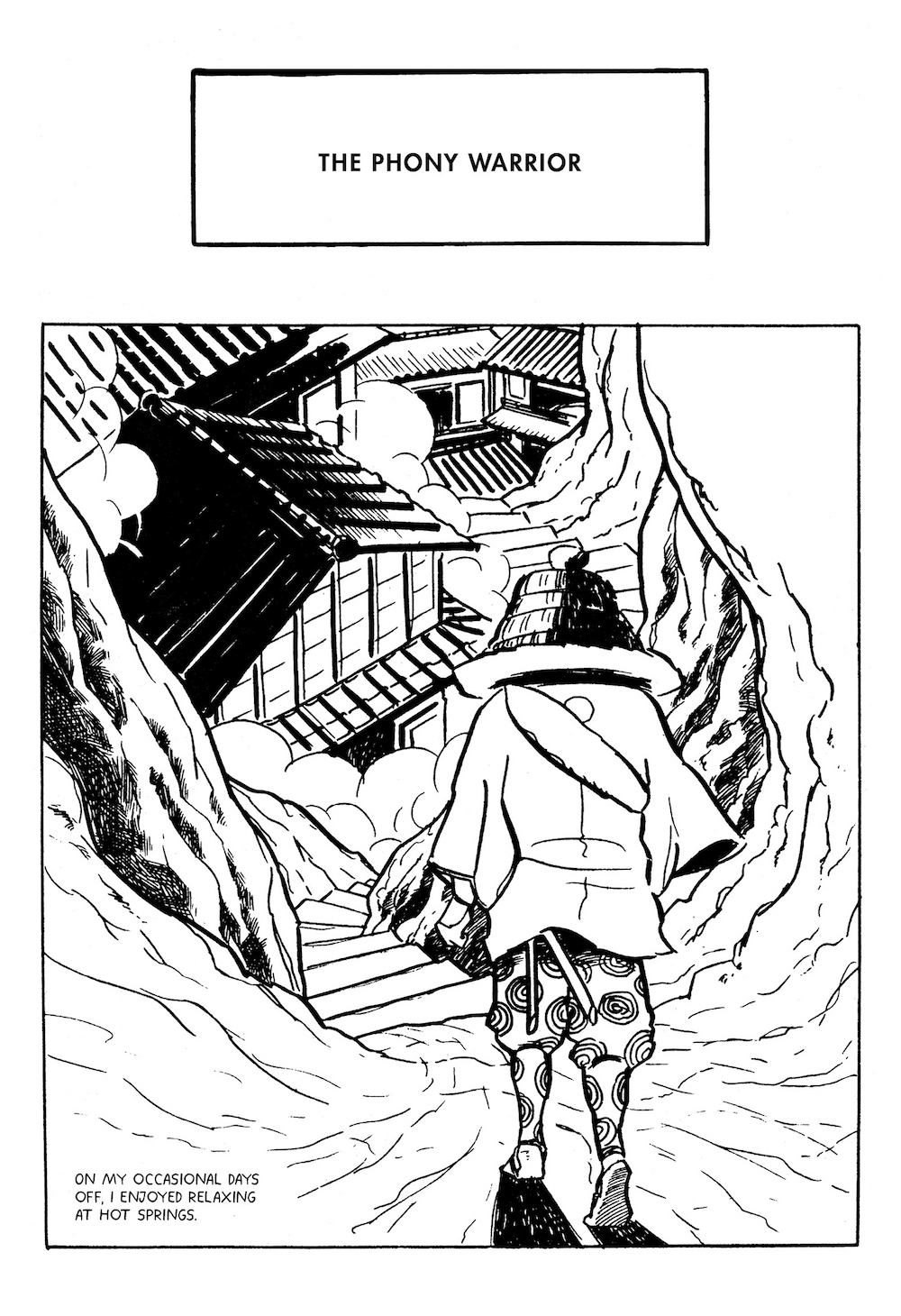
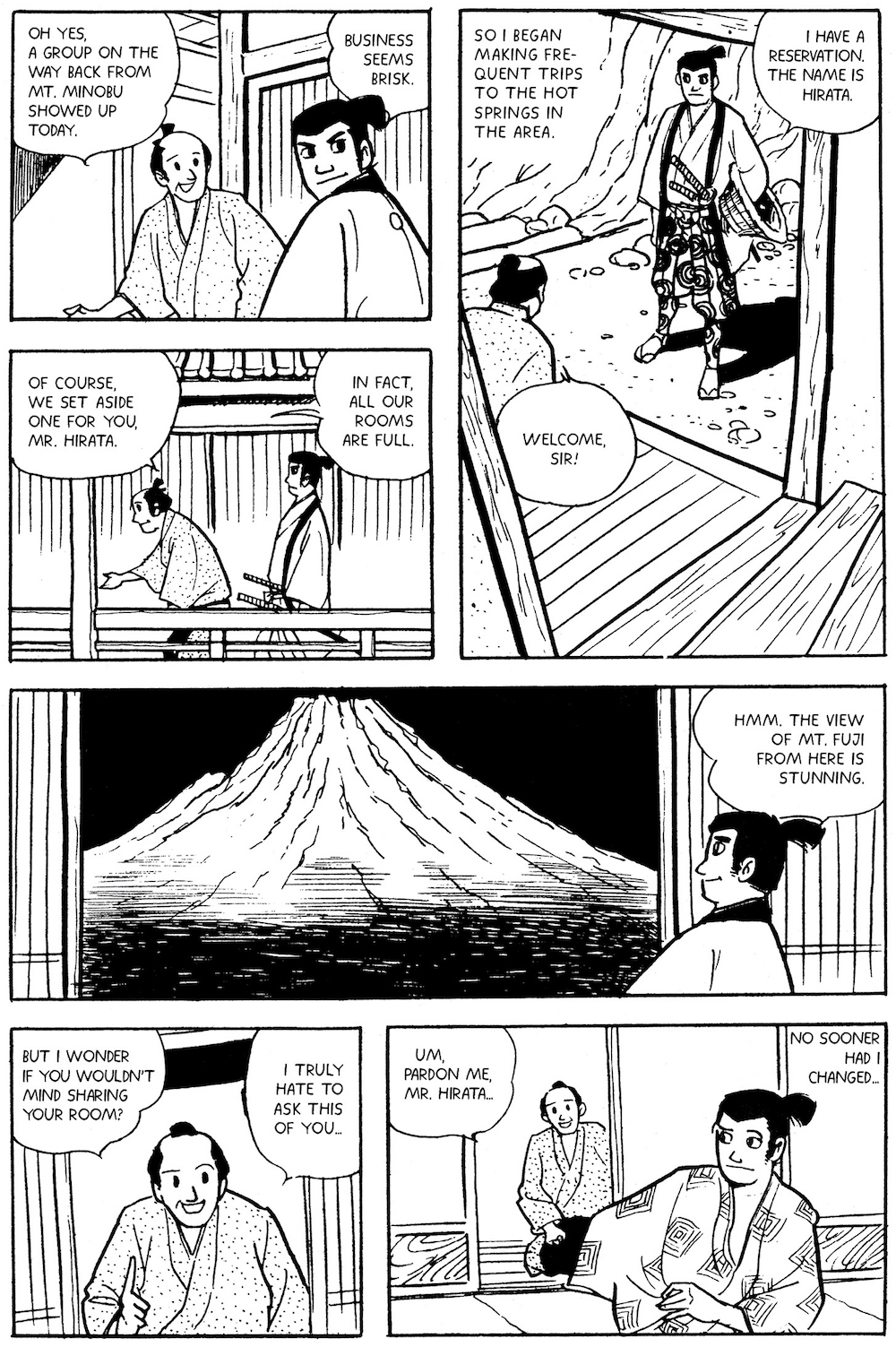
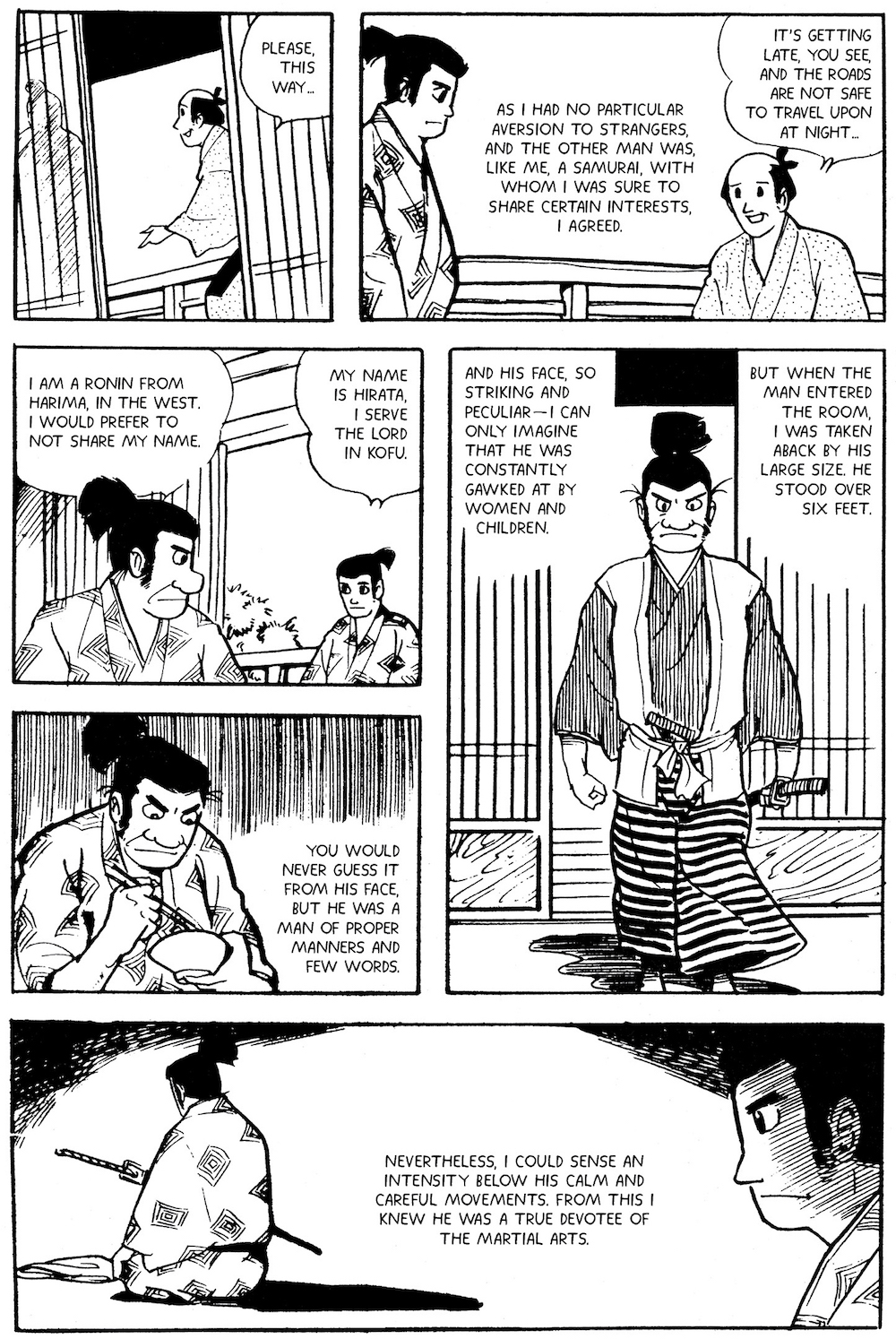
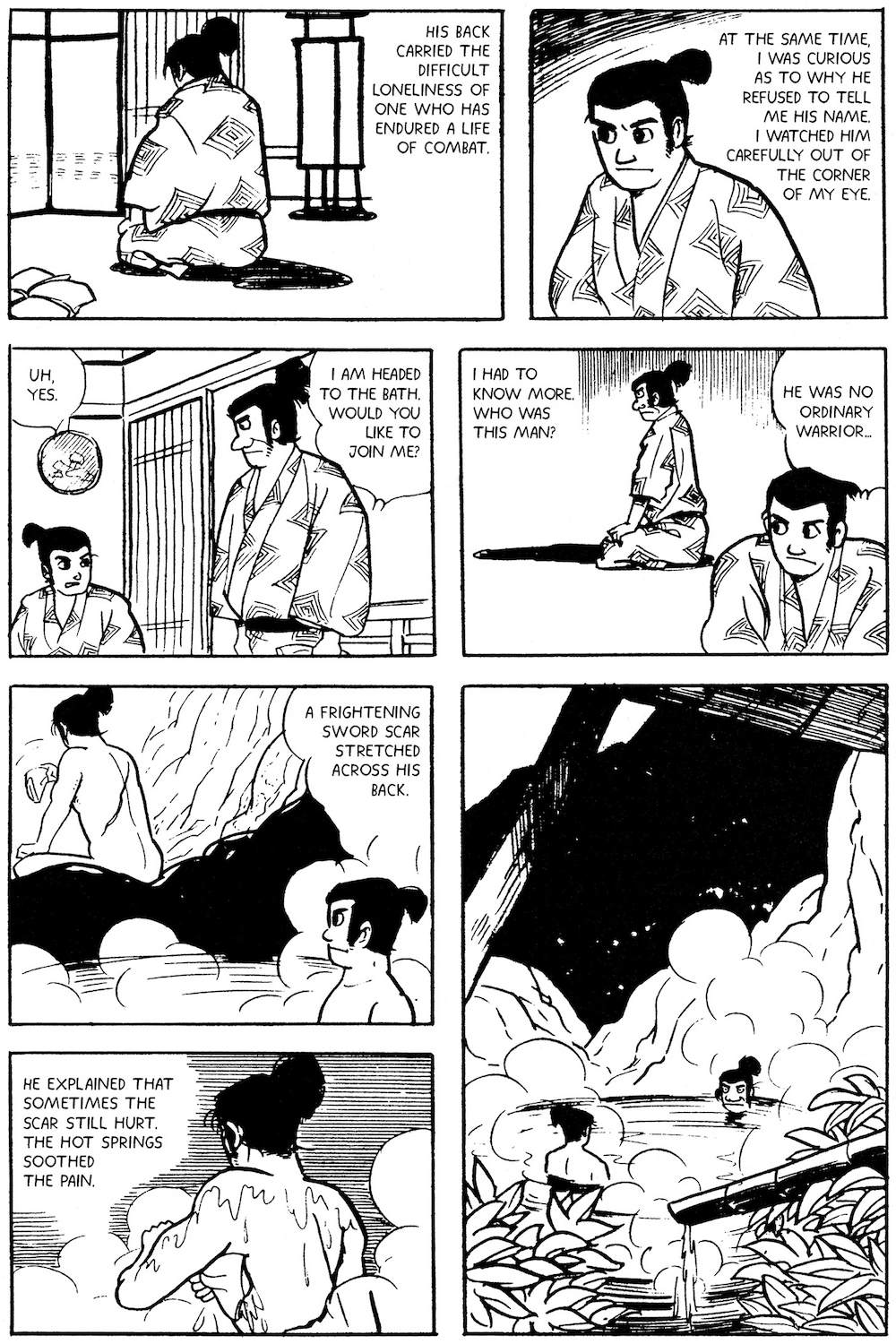
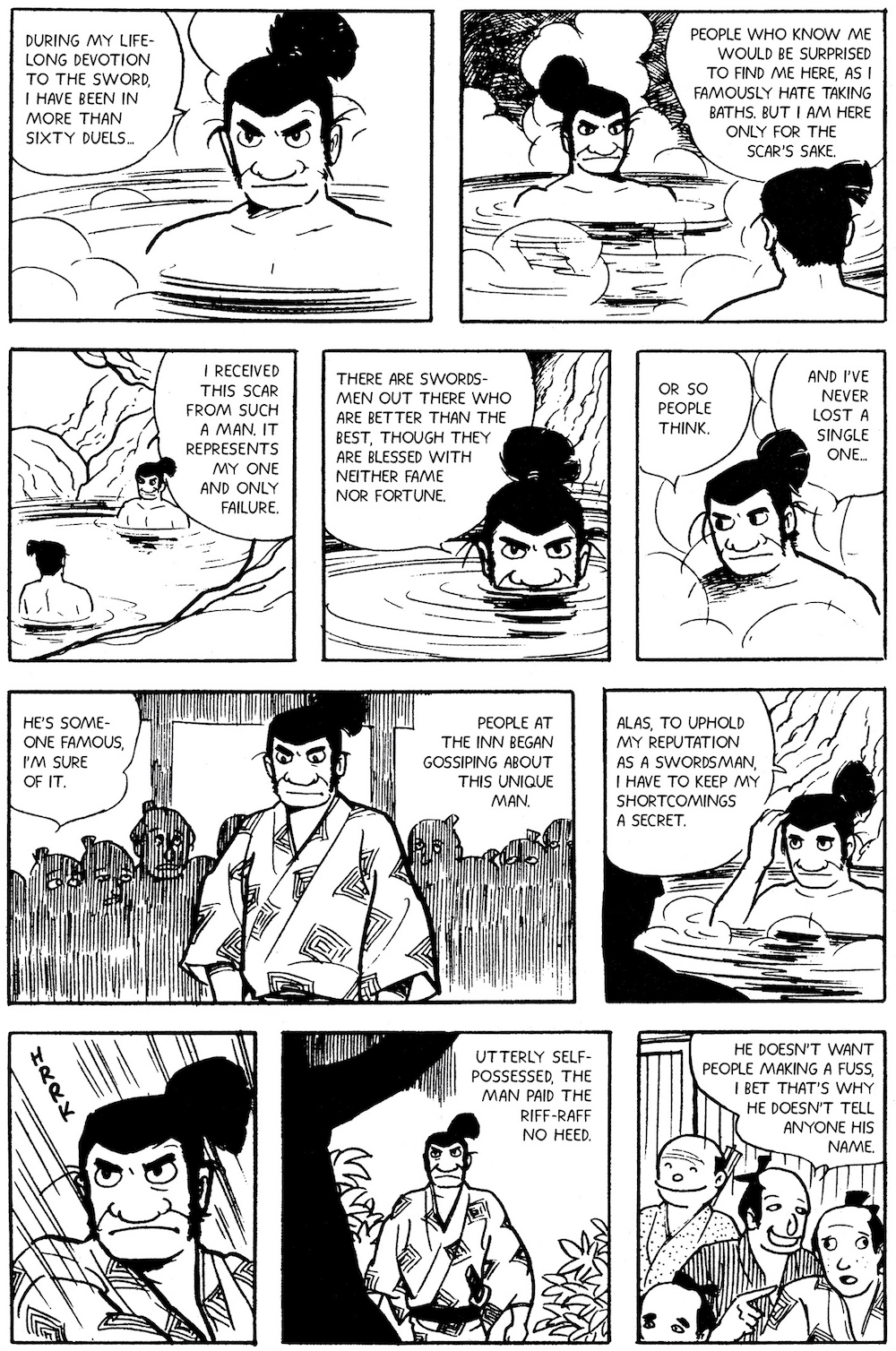
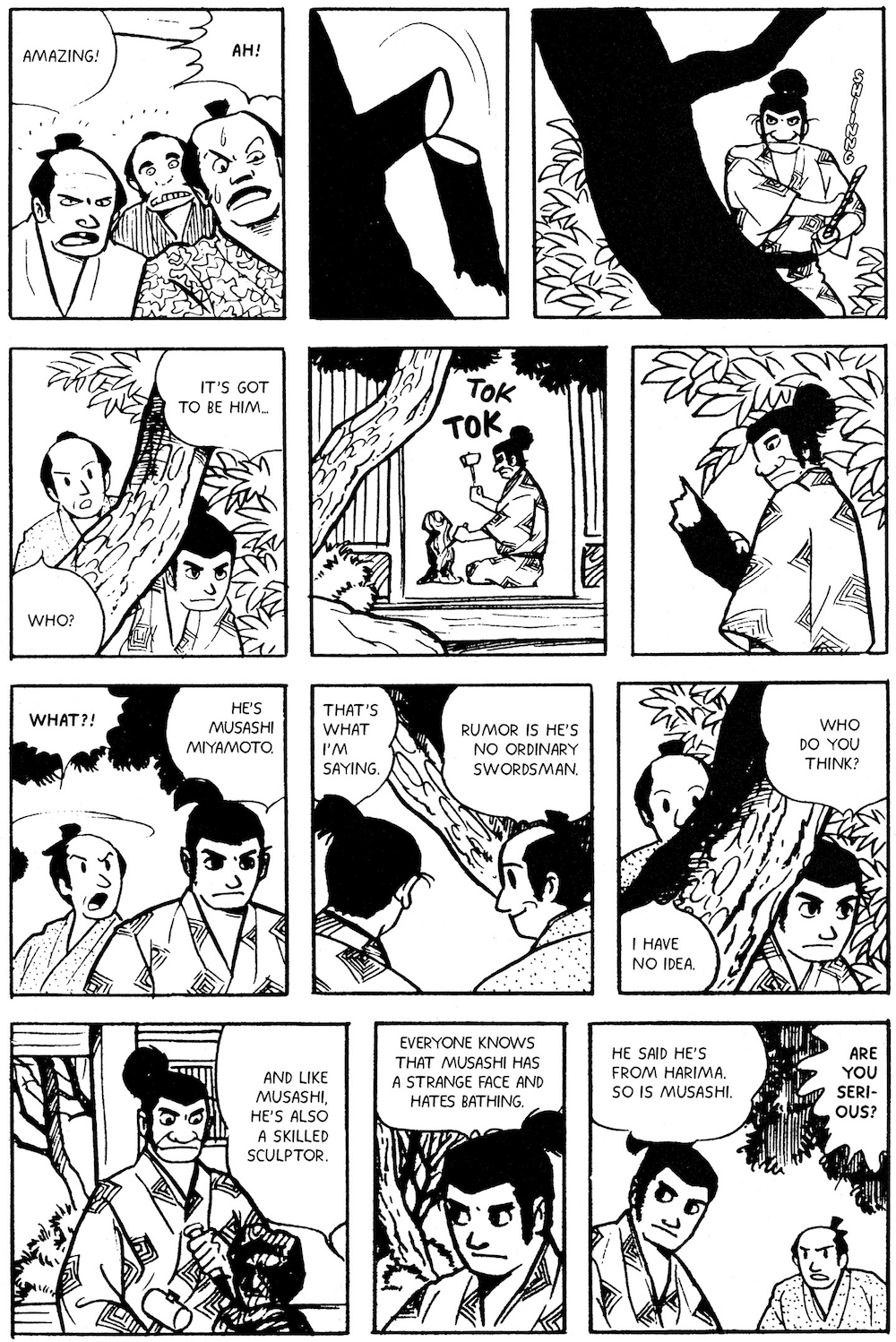
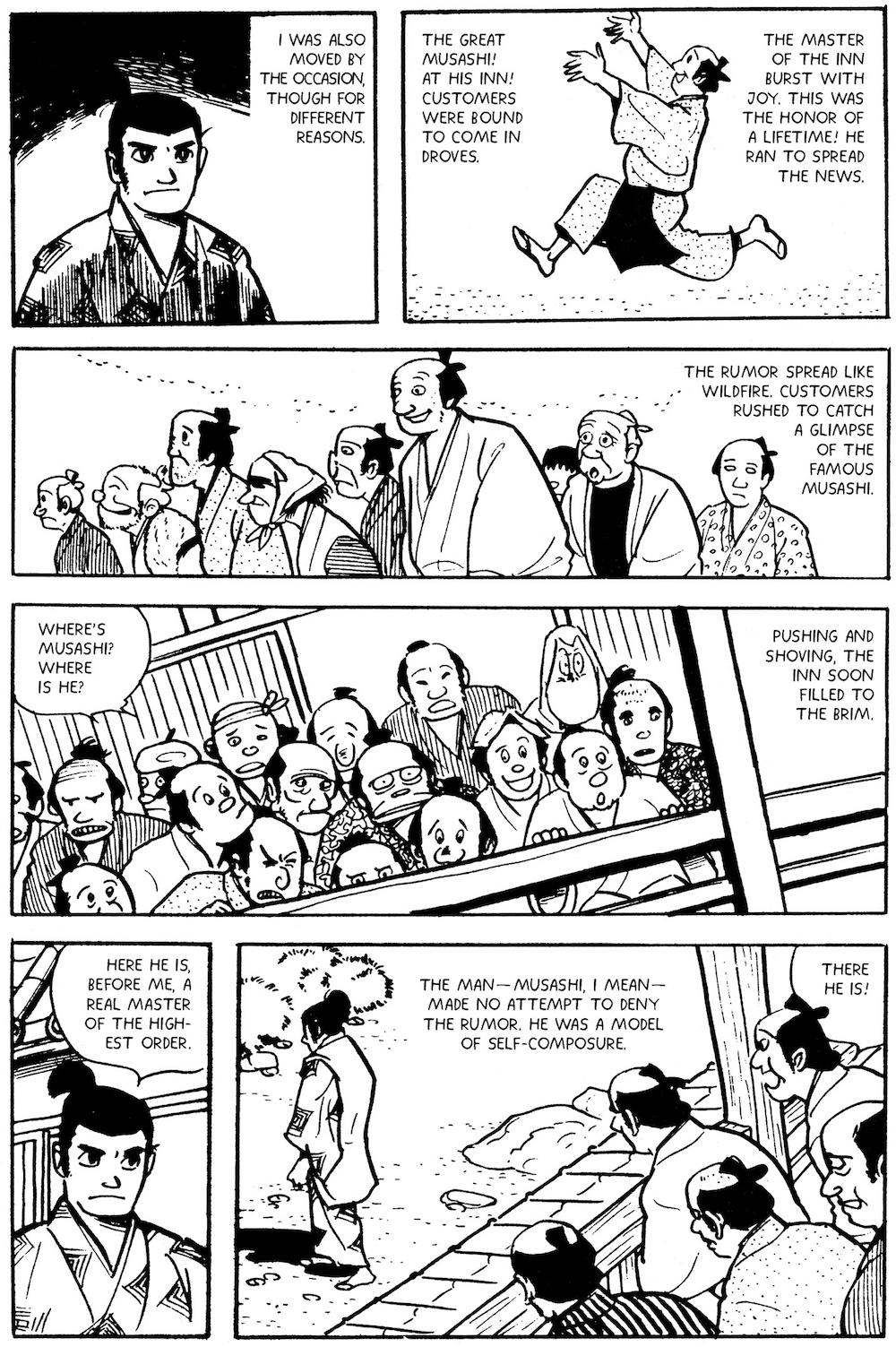
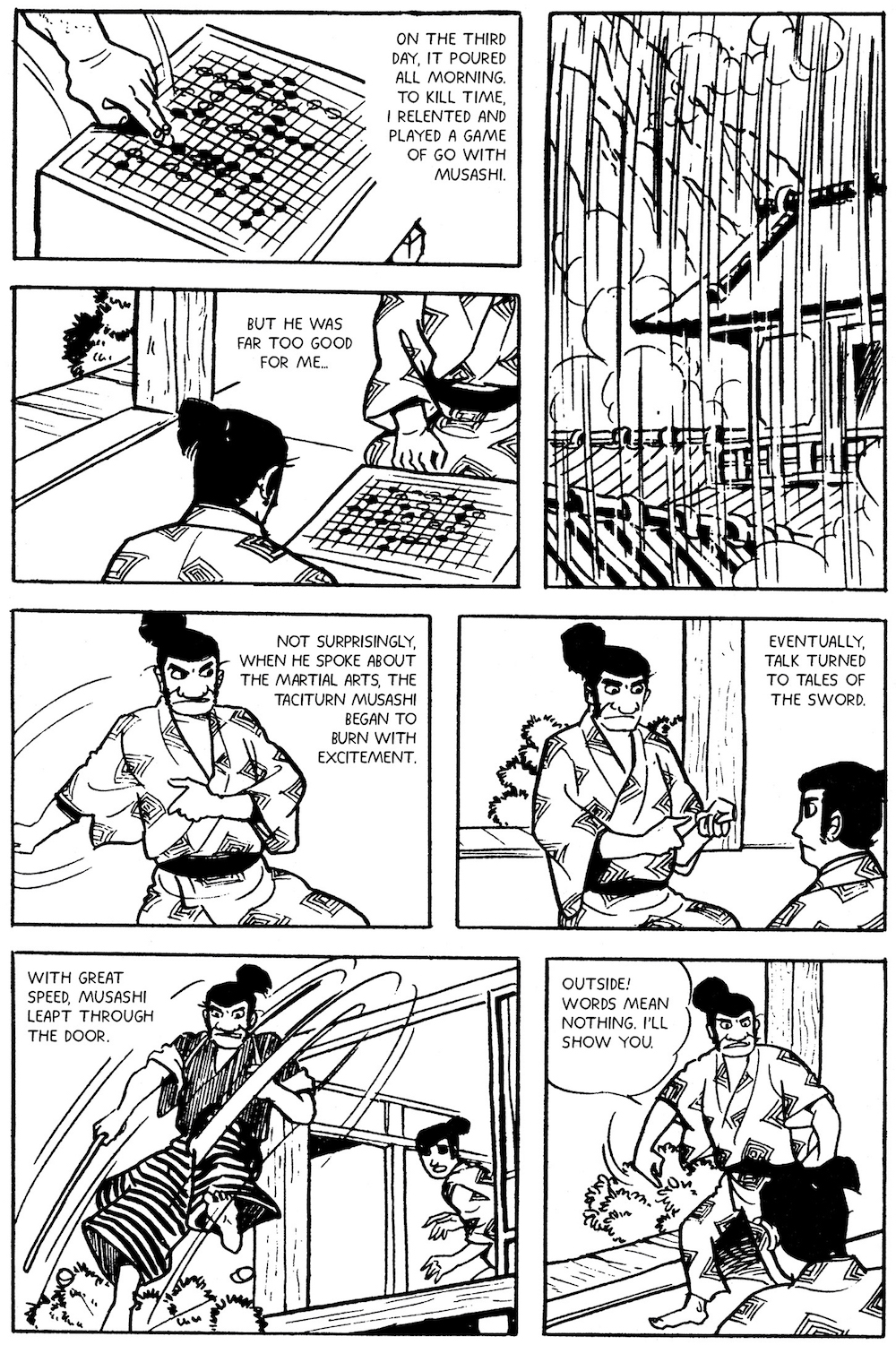
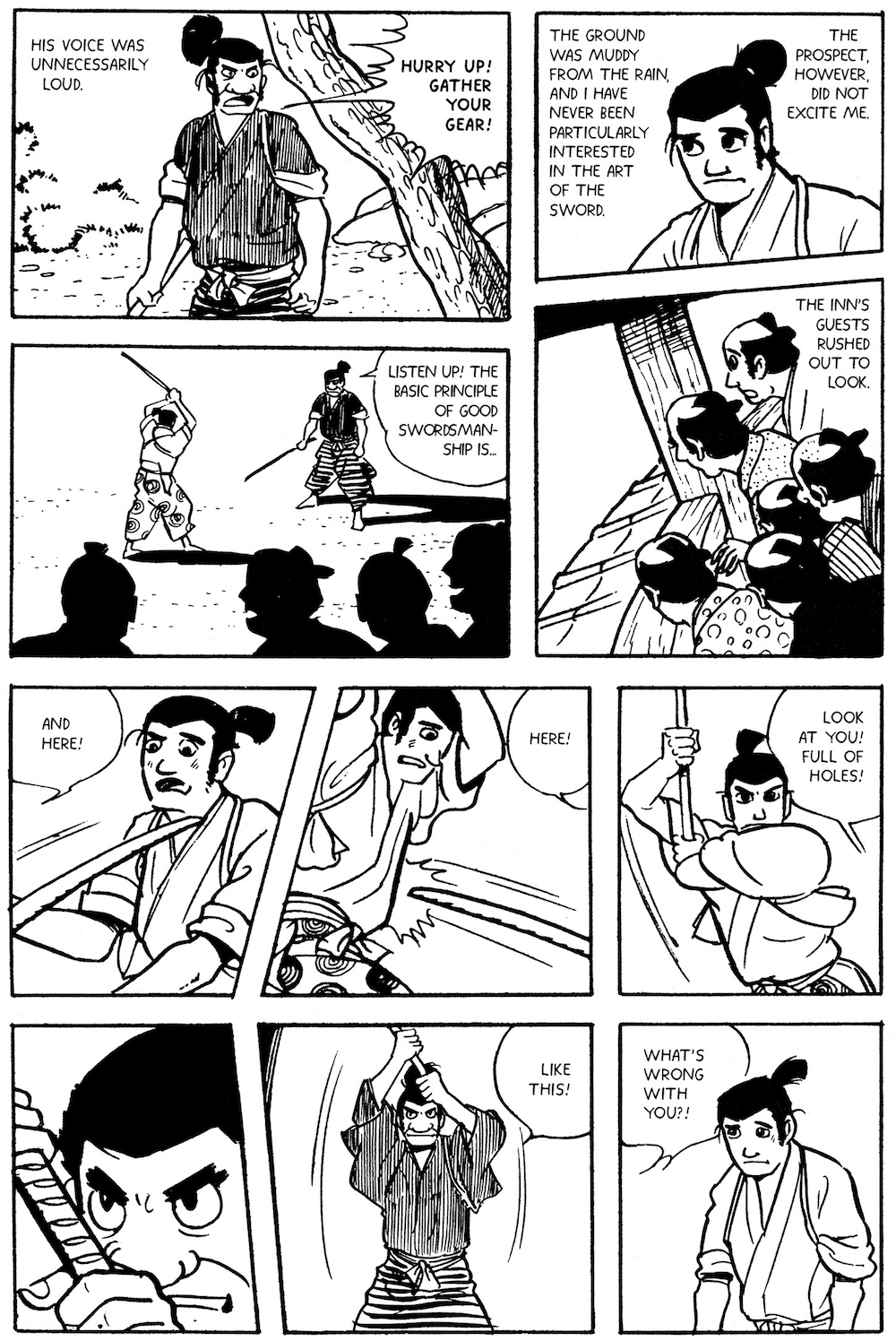
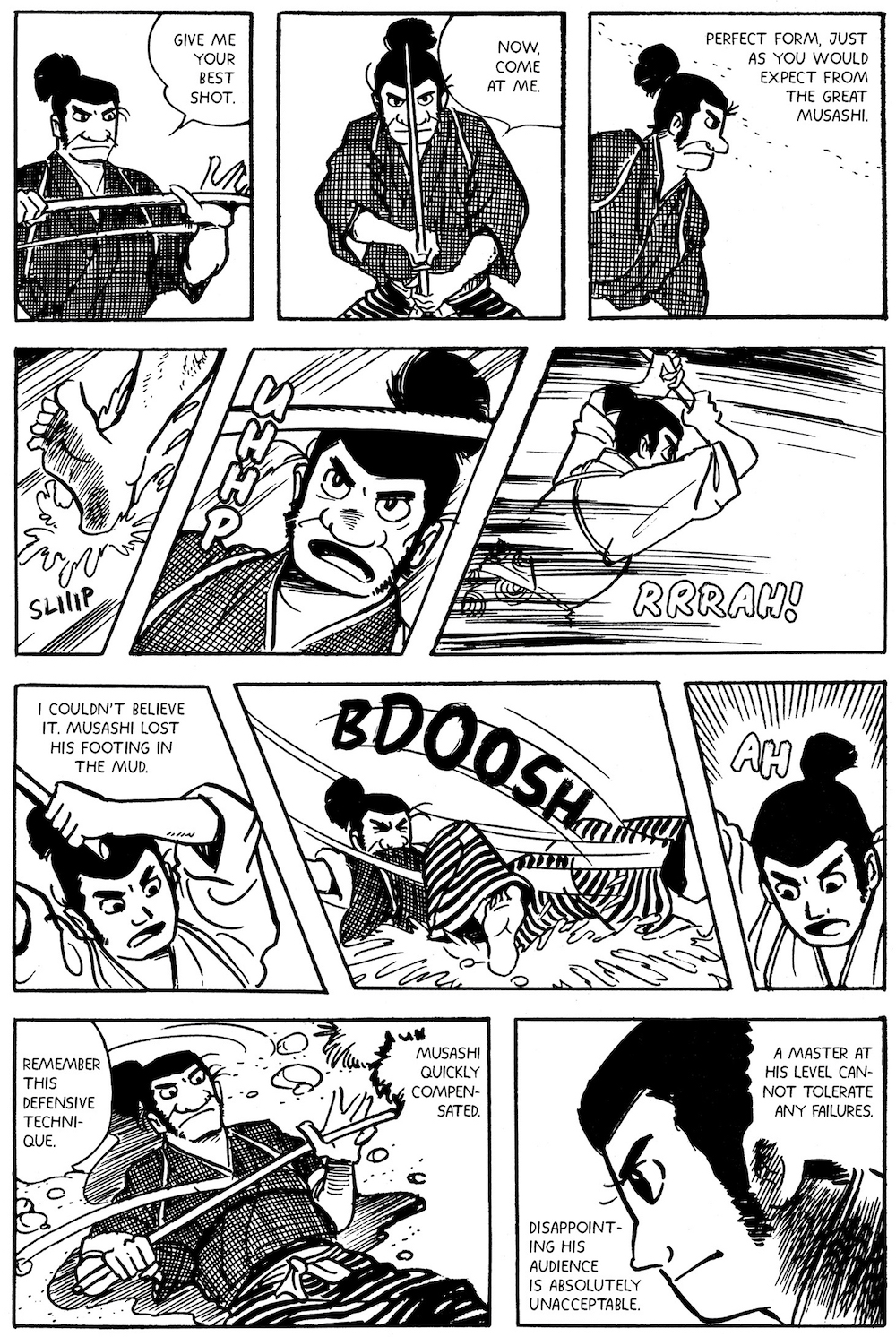
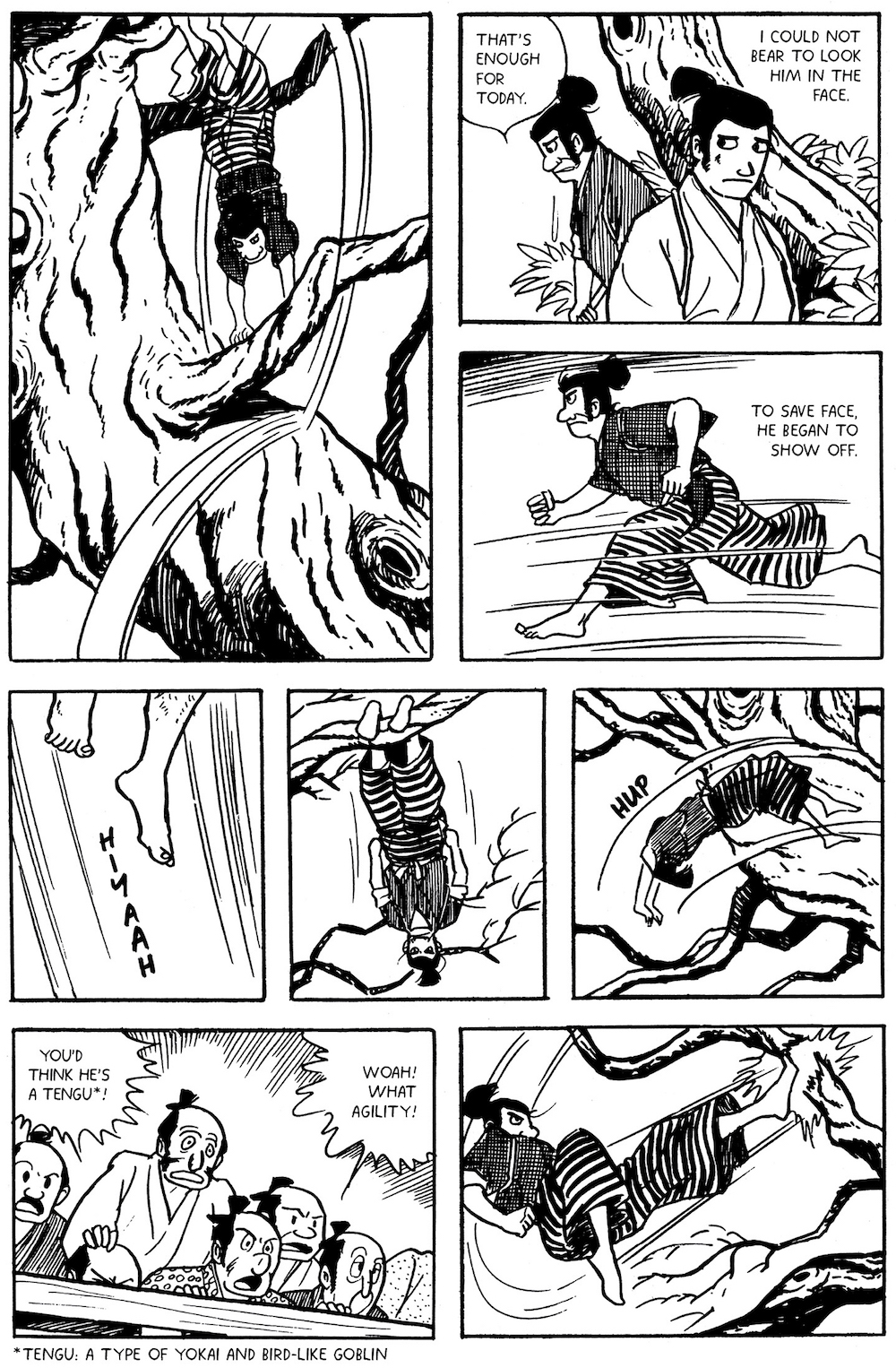
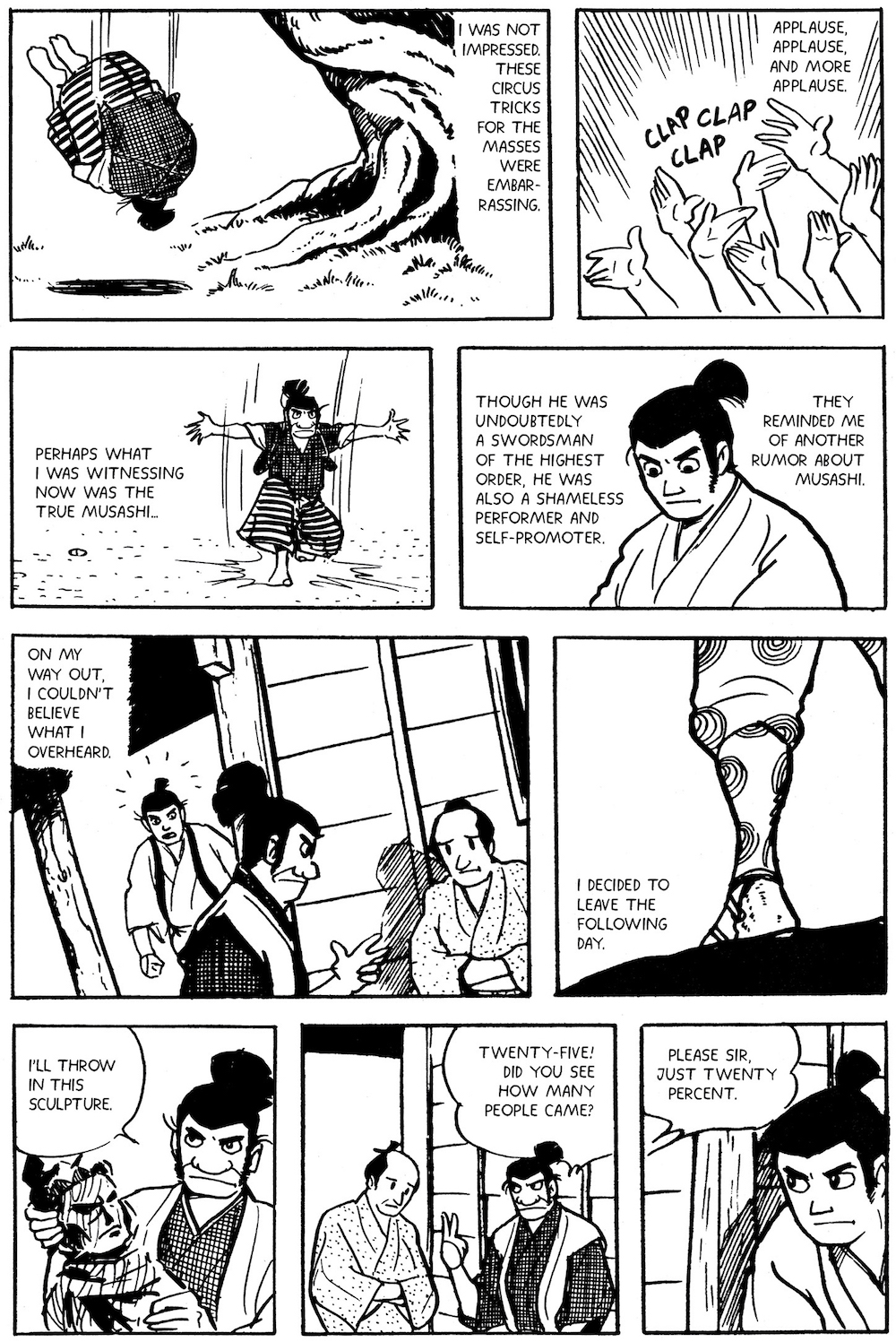
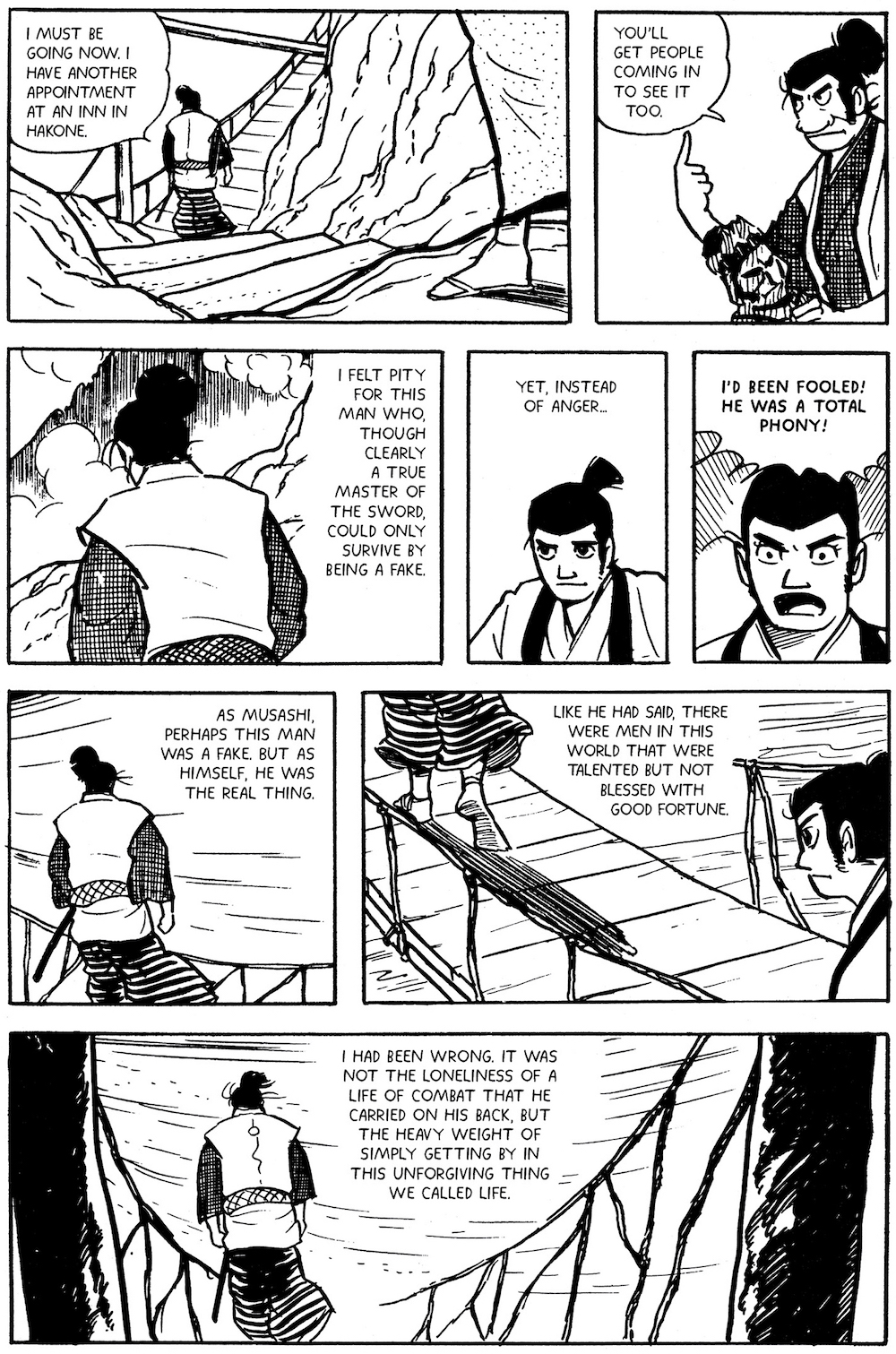
Comments
Post a Comment